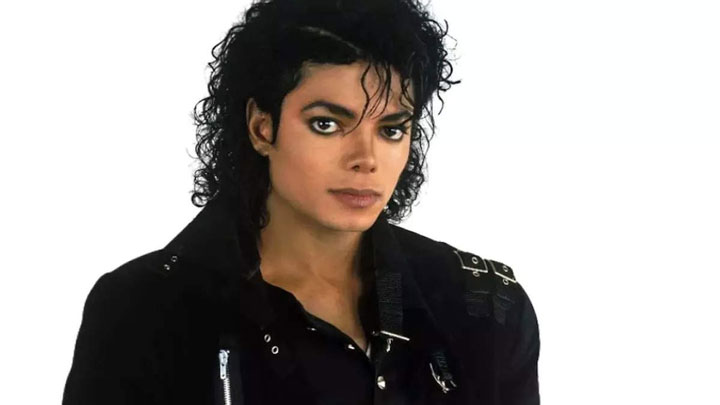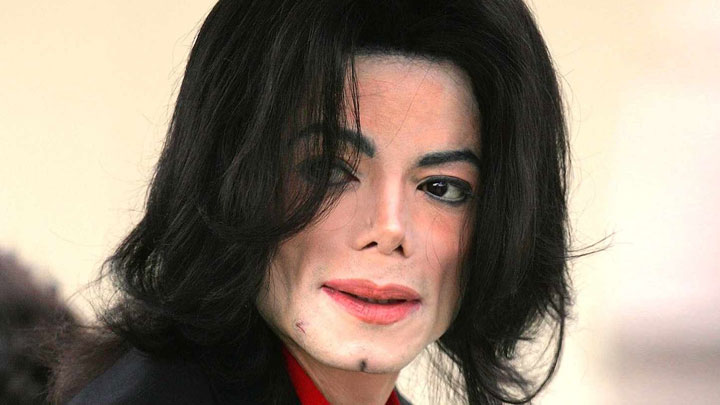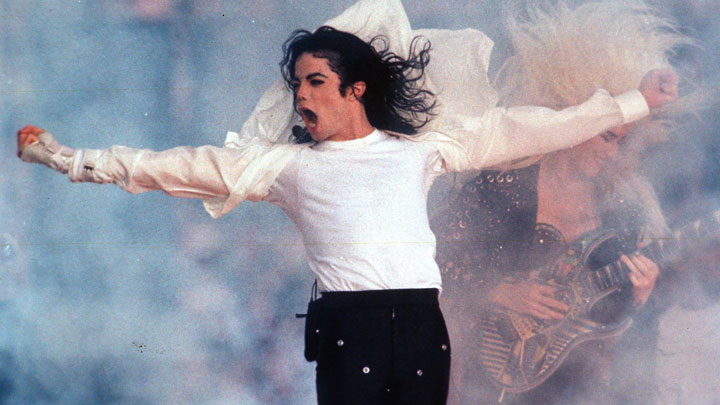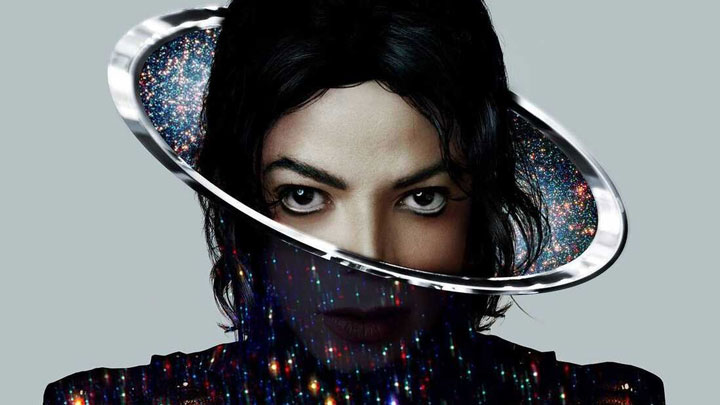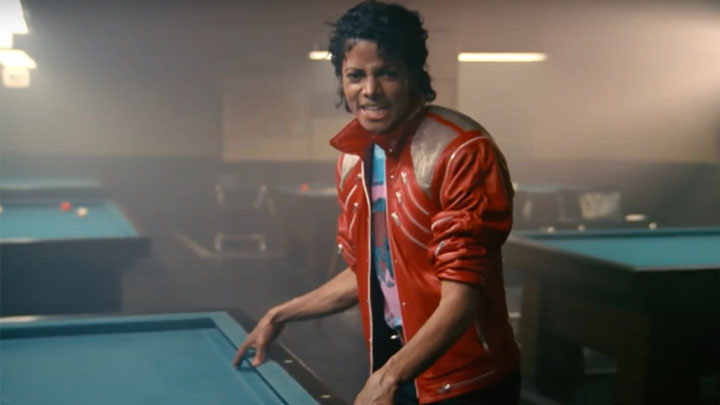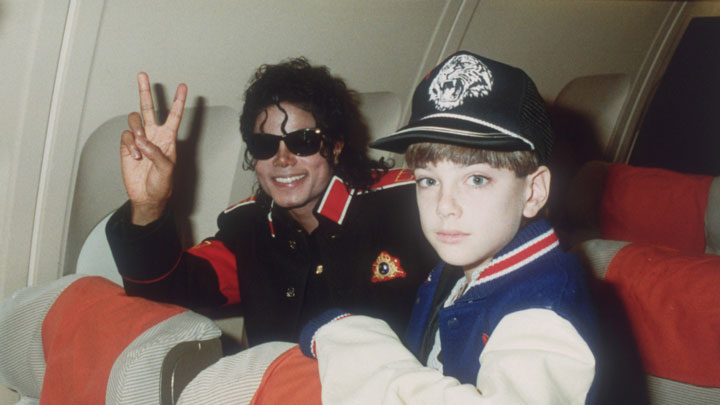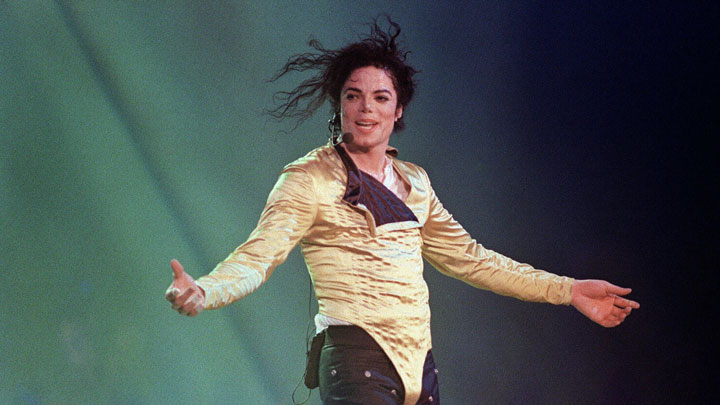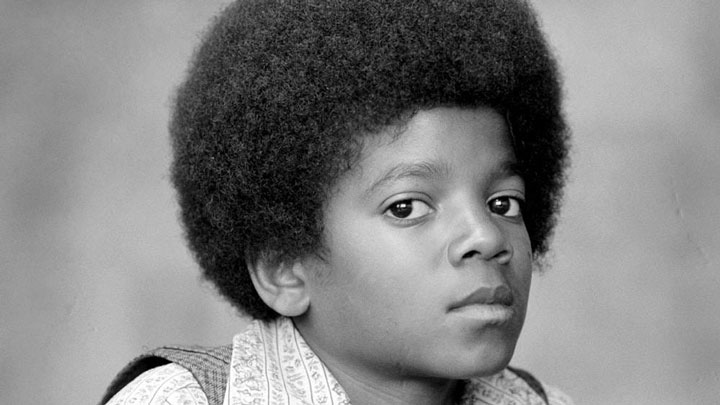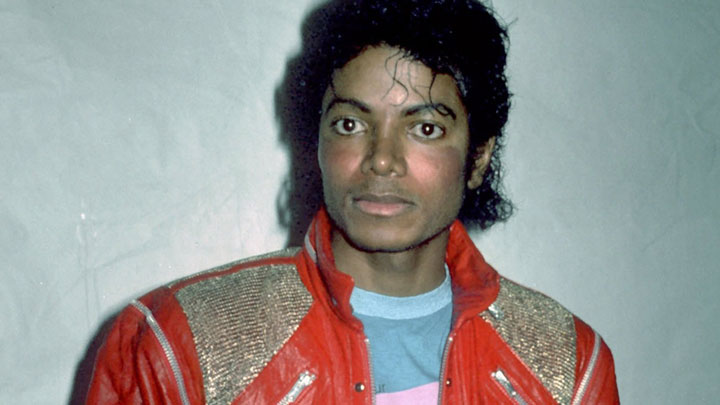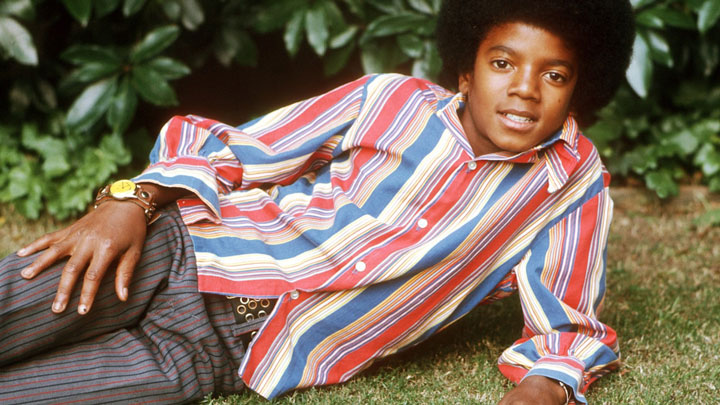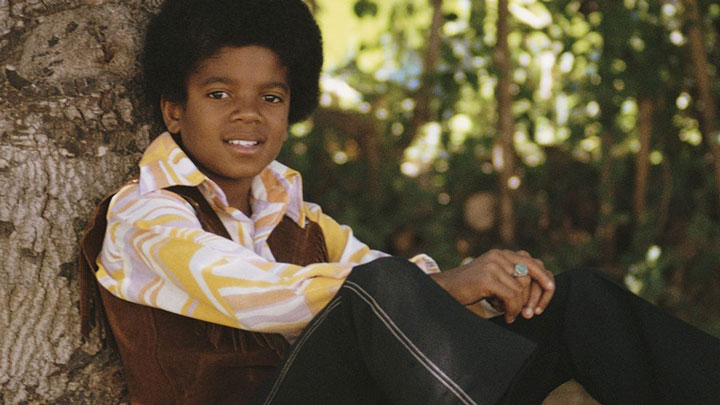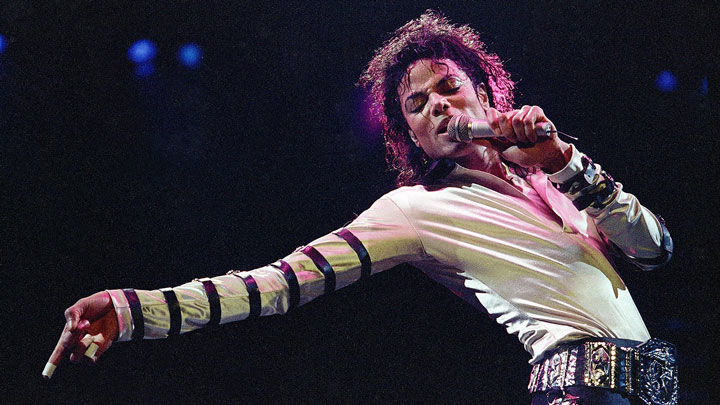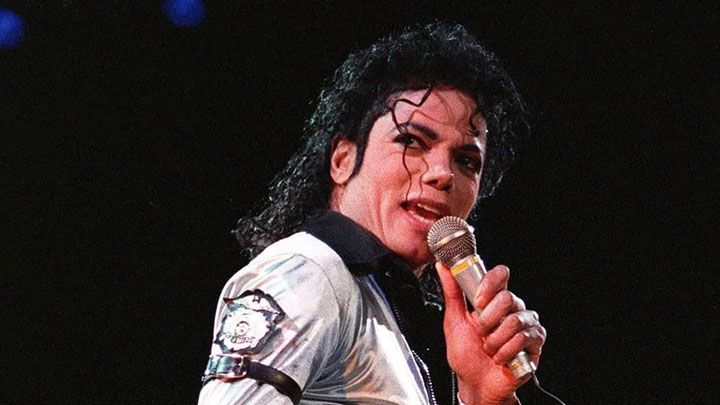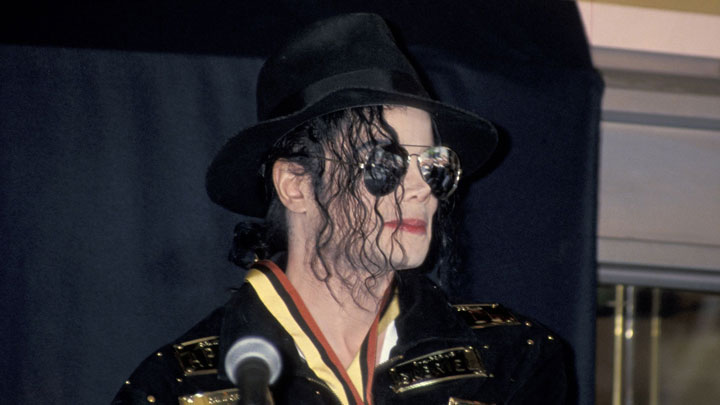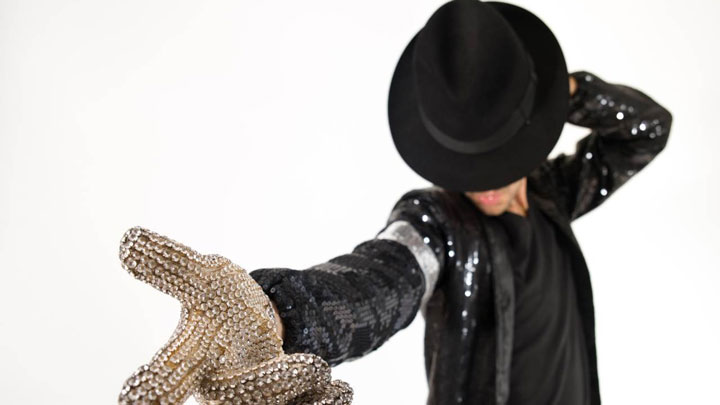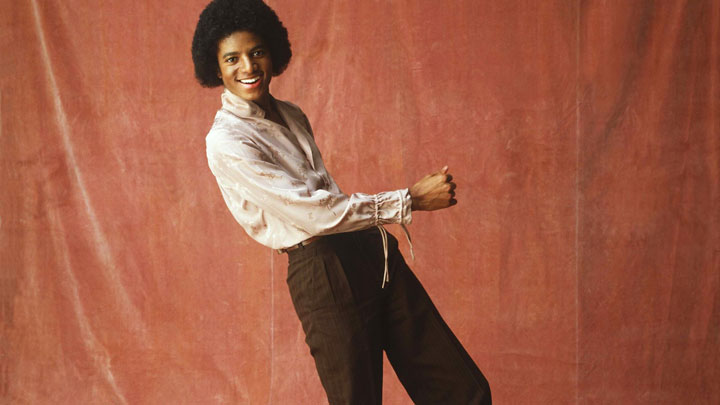Michael Jackson is widely regarded as one of the greatest entertainers in history, a singer, dancer, and visionary who revolutionized the music industry. His albums, like Thriller, remain the best-selling of all time, and his performances, from the moonwalk to his cinematic music videos, set new standards in entertainment.
But beyond his extraordinary talent, Michael Jackson was a man of immense emotional depth, artistic sensitivity, and inner complexity. He was someone who felt deeply, created obsessively, and lived in a world of both immense joy and deep personal struggles.
Unlike many celebrities who crave attention for fame’s sake, Jackson seemed to yearn for connection, love, and validation. His life was marked by childhood trauma, relentless pressure, and a need to be understood. Yet, despite his personal challenges, he gave everything to his music and his fans, leaving behind a legacy that continues to inspire.
What kind of personality allows someone to achieve such incredible artistic greatness while carrying the burdens of fame, scrutiny, and personal challenges? This report explores Michael Jackson’s warmth, reasoning ability, emotional stability, perfectionism, and other defining personality traits.
Jackson’s life was shaped by his deep empathy, his boundless creativity, and his need for perfection. He was a visionary artist, a troubled soul, and a deeply sensitive human being. He used music, dance, and storytelling not just as entertainment, but as a way to express his deepest emotions and connect with the world.
Was Michael Jackson an emotionally open and affectionate person, or did fame create a wall around him? How did his intelligence and creative mind shape his art and decisions? This report dives into the psychology of the King of Pop, revealing what made him a once-in-a-lifetime genius.

